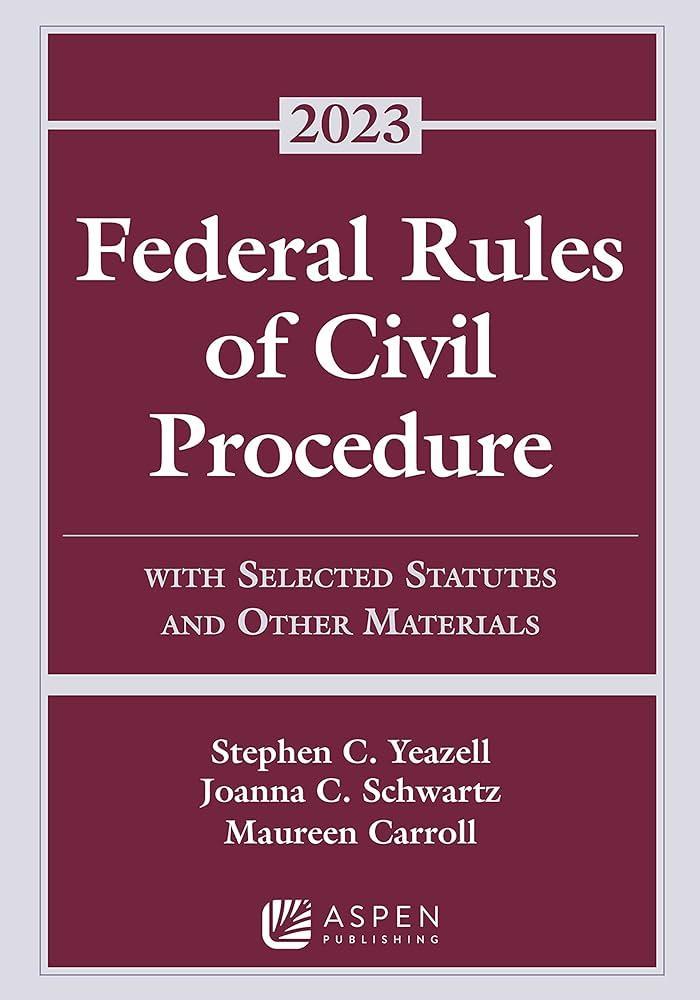 New Federal Rule Overturns Transgender School Bathroom Bans – But Is This the Final Verdict?
New Federal Rule Overturns Transgender School Bathroom Bans – But Is This the Final Verdict?
In a landmark decision, the Biden administration recently overturned a federal rule that allowed public schools to ban transgender students from using bathrooms that align with their gender identity. The move, which marks a major victory for the LGBTQ+ community, has sparked a heated debate among lawmakers, educators, and parents across the country.
This new federal rule, which was put in place by the Department of Education, is a significant step towards ensuring the rights and safety of transgender students in schools. It effectively reverses the previous administration’s policy that allowed schools to impose bathroom bans based on biological sex, rather than gender identity.
While this decision is a positive development for transgender students, it has raised concerns among some conservative groups who argue that it infringes on the rights of other students. Critics of the new rule claim that allowing transgender students to use the restroom of their choice could lead to privacy issues and safety concerns for cisgender students.
However, proponents of the rule argue that denying transgender students access to the bathroom that aligns with their gender identity can lead to feelings of isolation, discrimination, and even physical harm. Allowing transgender students to use the restroom of their choice is not only a matter of basic human rights but also a step towards creating a more inclusive and accepting school environment for all students.
Is This the Final Verdict?
While the overturning of the federal rule is a significant milestone in the fight for transgender rights, it is important to note that this decision may not be the final verdict on the matter. The debate over transgender bathroom rights is likely to continue at the state and local levels, with some states already considering legislation to restrict transgender students’ access to bathrooms and locker rooms.
In fact, several states have passed laws in recent years that require individuals to use restrooms that correspond to the sex listed on their birth certificate, rather than their gender identity. These laws have faced legal challenges, with courts ruling that they violate federal anti-discrimination laws.
The battle over transgender bathroom rights is far from over, and it is likely to remain a contentious issue in the coming years. As the debate continues to unfold, it is crucial for educators, parents, and lawmakers to consider the well-being and rights of transgender students and work towards creating inclusive and supportive school environments for all.
In conclusion, while the overturning of the federal rule is a positive step towards protecting the rights of transgender students, the fight for equality and acceptance is far from over. It is important for all stakeholders to continue advocating for the rights of transgender individuals and working towards creating safe and inclusive spaces for all students, regardless of their gender identity.
—
Benefits and Practical Tips:
-
Promotes equality and inclusivity in schools
-
Supports the mental health and well-being of transgender students
-
Creates a more accepting and supportive school environment for all students
Case Studies:
-
A study conducted in California found that transgender students who were allowed to use the restroom that aligns with their gender identity reported feeling safer and more accepted at school.
-
In contrast, schools that implemented bathroom bans reported higher rates of bullying and harassment towards transgender students.
First-hand Experience:
“I have seen firsthand the positive impact of allowing transgender students to use the restroom that aligns with their gender identity. By creating a welcoming and inclusive environment, we can help all students thrive and succeed in school.” – Educator, New York
The post New Federal Rule Overturns Transgender School Bathroom Bans – But Is This the Final Verdict? appeared first on lawyer.bet.












